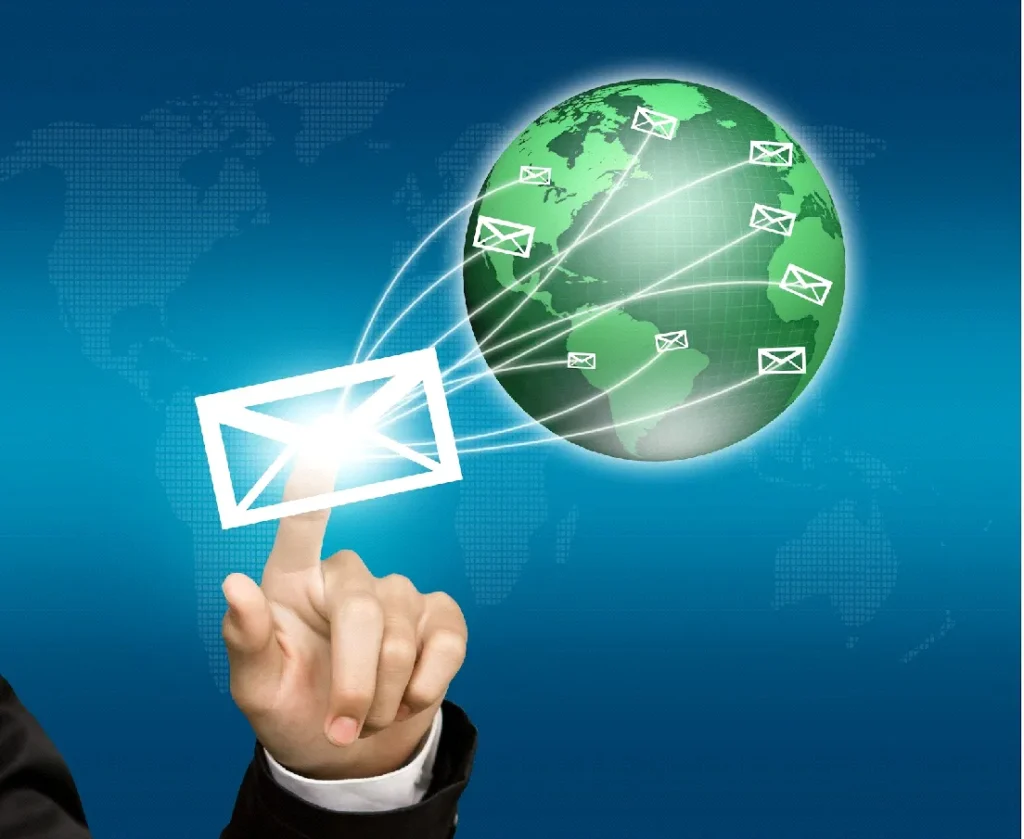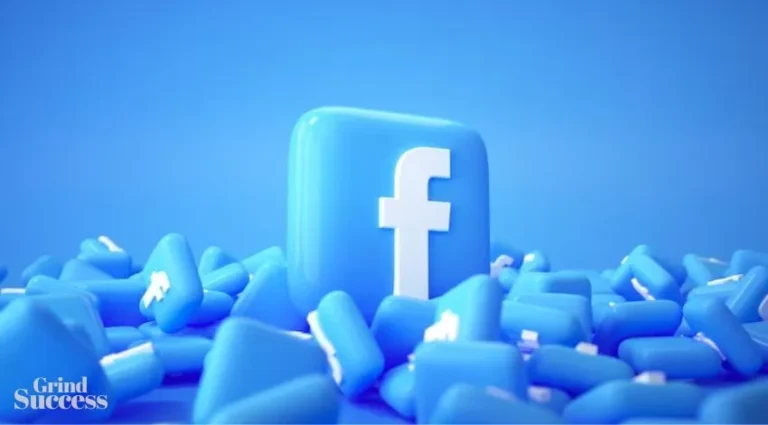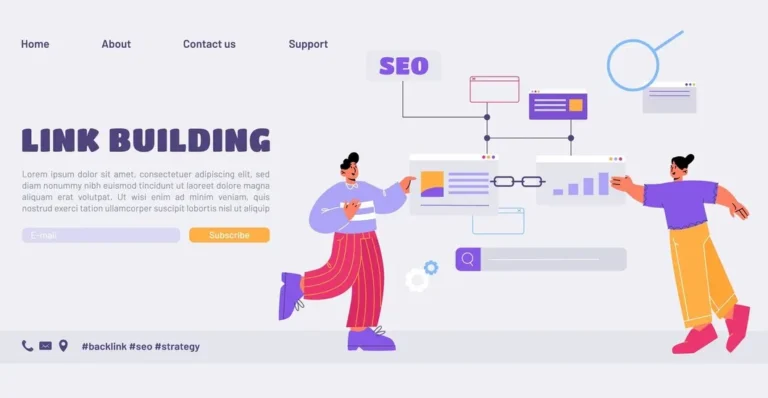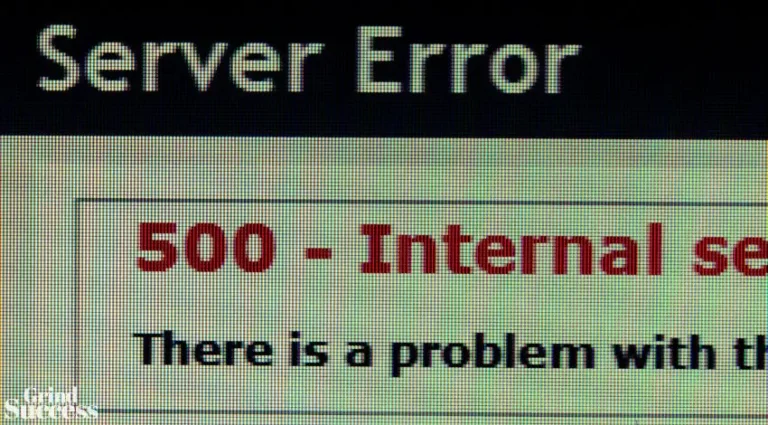How to Build a Successful SMS Marketing Strategy from Scratch: A Step-by-Step Guide

SMS is a robust marketing tool that uses concise and snappy text messages to promote sales, inform and engage a large customer base. It has proven highly effective, with 45% of customers responding positively to branded text messages compared to just 6% for emails.
Unfortunately, despite its benefits, not all marketers use an enterprise SMS messaging solution for marketing.
If you decide to incorporate a bulk SMS service into your marketing, you must first understand what it entails and why it is important for your business. Additionally, you need to know the steps involved in executing an SMS marketing strategy for maximum results.
In this post, we will explain how SMS benefits your business and provide a detailed guide to planning and achieving your SMS strategy. You will also learn how BSG, a bulk SMS service, can help you scale your marketing.
Why Your Business Needs an SMS Marketing Strategy

Text message marketing is packed with loads of benefits for your businesses that use it. Here are some of them.
#. Customer Engagement
Due to the more personal nature of SMS messaging, it is a great avenue for business-to-customer communication. You can also use 2-way bulk SMS for customers to interact with you and take feedback from them. SMS customer engagement helps you improve your service and gain their loyalty.
#. Cheap marketing channel
Bulk SMS marketing is one of the most cost-effective ways to advertise. Sending one SMS costs less than a cent in most parts of the world. The more SMS messages you send, the cheaper it gets. SMS for business is particularly beneficial for small businesses seeking a budget-friendly marketing channel.
#. Global coverage
Almost 7 billion people have a mobile phone and can receive an SMS. What this means to your business is that you can reach billions of people with your marketing campaigns. Unlike emails, you don’t need an internet connection to send SMS.
#. High Open Rate
Statistics show that the open rate of SMS is 98%, with a 45% response rate compared to 20% and 6% for emails. This high open rate means SMS guarantees faster customer communication than other channels.
#. Measurable marketing
Leveraging a business SMS strategy allows you to measure the campaign’s success accurately. For example, some SMS providers have real-time dashboard monitoring metrics like open rate, click-through rate, ROI, etc.
Building Your SMS Marketing Strategy: Step-by-Step Guide

You have seen some SMS marketing benefits. Now let’s show you how to execute a successful mobile marketing strategy for great results.
Step 1: Define Your SMS Marketing Goals
The foundation for building an SMS strategy is to identify clear goals on what you want to achieve using text messaging. Whether you are trying to win new customers, retain old ones, or drive sales.
You must determine your marketing goals and identify metrics to measure success.
To do this, use the SMART approach, which stands for Specific, Measurable, Achievable, Relevant, and Timely.
Step 2: Know Your Audience
Once your marketing goals are set, the next stage is identifying your target audience. Who are they, and what are they interested in?
First, build a subscriber list by collecting phone contacts of customers with their permission. Then, create a buyer persona by analyzing consumer behavior, demographics, and preferences. Based on the results, you can segment consumers into groups and send customized content that appeals to each group.
Step 3: Craft Compelling Messages
Converting readers to paying customers depends on how persuasive the messages are. The secret to writing SMS copy that sells is to use call-to-action tags that readers cannot resist.
Another SMS marketing best practice is to create a sense of urgency with words like ‘NOW’ and ‘HURRY. Use keywords like ‘FREE’ and ‘DISCOUNT’ to attract customers instantly.
Remember that you are limited to only 160 characters, so your marketing SMS must be snappy, direct, and relevant. If you feel constrained by the character limit, add a link to your website for readers to check out.
Step 4: Timing and Frequency
The timing of the message plays a significant role in how readers respond to it. Take note of the working hours of your target audience, holidays, and weekends before sending messages.
Spamming customers with excessive messages is one of the fastest ways to turn them away from your brand. It is recommended to limit your messages to 3-4 per month, which is sufficient.
The first message can be used to introduce them to an offer, while the subsequent ones can be used to follow up on the offer.
Step 5: Compliance and Permissions
You must be aware of laws regulating SMS marketing to avoid penalties. Compliance rules like TCPA in the United States prohibit brands from contacting customers via SMS during quiet hours (9 pm – 8 am).
The regulation also requires marketers to seek express permission from customers before they send marketing SMS, and the customer must be given the option of opting in or out of receiving these text messages. The GDPR operational in the European Union has similar provisions for SMS marketing.
As part of your SMS marketing plan, you must be aware of compliance requirements in the various regions your customers reside.
Step 6: Monitor and Optimize Your Campaigns
It is not enough to send out messages; you should monitor the progress of the messages to know how well your marketing campaign is doing.
This is why you should use a bulk SMS provider that gives you real-time analytics on your SMS campaigns. For instance, if a message’s conversion rate is low, you can optimize it for future campaigns.
How BSG Can Help Build Your SMS Marketing Strategy
Your SMS campaign planning is as good as the vendor you partner with. BSG communication service provider can elevate your SMS in no time.
From providing you templates to craft great messages to aligning your business goals with your marketing strategy, we got you covered. BSG’s SMS service guarantees a 99% delivery rate, and our SMS gateway helps you scale your marketing.
Summing Up
As you can see from the SMS marketing guide, sending out messages without a goal is like shooting in the dark. The content of the message, the audience, timing, and evaluation of the progress of messages all play a part in a successful SMS campaign.






